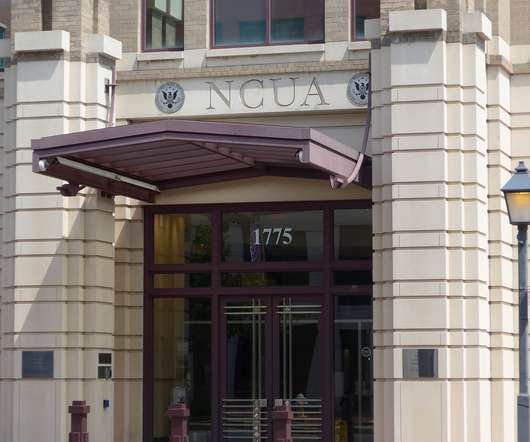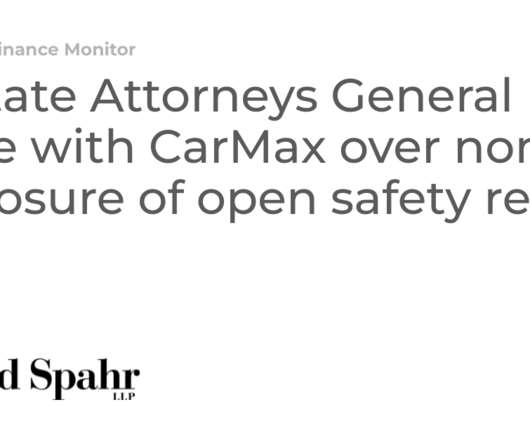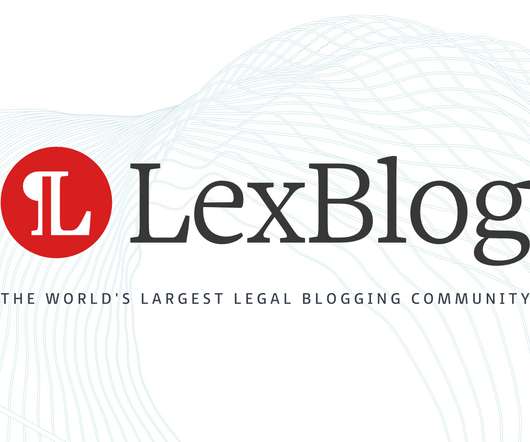W Virginia Withholds Payment To Tax Delinquent Vendors
PYMNTS
MAY 6, 2019
The West Virginia State Auditor’ s office has announced a new tax program aimed at vendors who owe the state money. The vendor will not be able to resume business in West Virginia until it has corrected its delinquency. The program will prevent vendors who owe the state money from being payed.


















Let's personalize your content